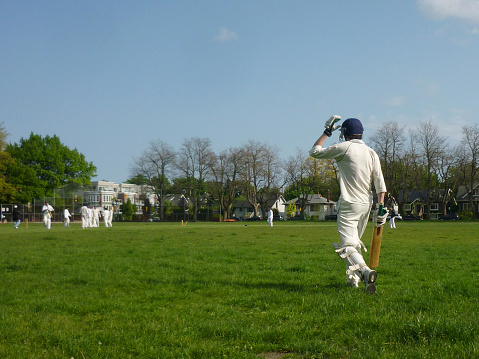Cricket’s Contribution to Indigenous Traditional Ecological Knowledge Transmission
Laserbook, Betbhai9: Indigenous Traditional Ecological Knowledge (ITEK) encompasses the accumulated wisdom and practices developed by indigenous communities over generations. This knowledge is deeply rooted in the understanding of the interconnectedness between the environment, culture, and society. It serves as a holistic guide for sustainable living and harmonious interaction with the natural world.
ITEK is passed down through oral traditions, stories, ceremonies, and direct experience within indigenous communities. This knowledge is not only practical but also holds spiritual and cultural significance for these communities. By respecting and preserving ITEK, indigenous groups can maintain their identity, protect biodiversity, and contribute valuable insights to contemporary environmental management practices.
• ITEK encompasses the accumulated wisdom and practices developed by indigenous communities over generations
• It is deeply rooted in the understanding of the interconnectedness between the environment, culture, and society
• ITEK serves as a holistic guide for sustainable living and harmonious interaction with the natural world
• Passed down through oral traditions, stories, ceremonies, and direct experience within indigenous communities
• Holds spiritual and cultural significance for these communities
• By respecting and preserving ITEK, indigenous groups can maintain their identity, protect biodiversity, and contribute valuable insights to contemporary environmental management practices
Understanding the Role of Cricket in Indigenous Cultures
Cricket holds a significant place in the cultural fabric of many indigenous communities around the world. Beyond being a sport, cricket often serves as a medium for social cohesion, storytelling, and the transmission of traditional knowledge. For indigenous peoples, cricket is not just a recreational activity but a way to connect with their cultural roots and ancestors.
The game of cricket is deeply intertwined with indigenous traditions and values, reflecting elements of teamwork, respect for nature, and community spirit. Through cricket, indigenous cultures pass down stories, teachings, and ecological knowledge from one generation to the next. It serves as a platform for sharing wisdom and preserving the rich heritage that has sustained these communities for centuries.
Historical Significance of Cricket in Traditional Ecological Knowledge Transmission
Cricket has long been recognized as more than just a sport in many indigenous cultures around the world. In addition to its role as a form of entertainment and competition, cricket holds deep historical significance in the transmission of traditional ecological knowledge within these communities.
Through the practice of cricket, indigenous peoples pass down valuable ecological knowledge, including sustainable land management practices, understanding of local ecosystems, and conservation methods. This knowledge is interwoven with the game of cricket, creating a unique platform for the sharing of wisdom and values that have been preserved and passed down through generations.
What is Traditional Ecological Knowledge (TEK)?
Traditional Ecological Knowledge (TEK) refers to the knowledge, practices, and beliefs of indigenous communities regarding their environment and natural resources.
How does cricket play a role in indigenous cultures?
Cricket has been historically significant in indigenous cultures as a means of transmitting Traditional Ecological Knowledge (TEK) through storytelling, rituals, and games.
Can you provide examples of how cricket has been used to transmit TEK?
In some indigenous communities, cricket matches have been used as a platform for sharing stories about the environment, teaching ecological lessons, and passing down traditional practices related to land stewardship.
Why is it important to understand the historical significance of cricket in TEK transmission?
Understanding the role of cricket in TEK transmission can help us appreciate the cultural significance of the sport in indigenous communities and how it has been utilized as a tool for preserving and sharing traditional ecological knowledge.
How has the transmission of TEK through cricket evolved over time?
While the core principles of using cricket to transmit TEK have remained consistent, the methods and practices associated with it have evolved with changing societal norms and advancements in technology.







